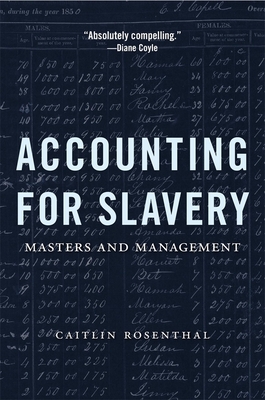Expedite your nonfiction book discovery process with Readara interviews, summaries and recommendations, Broaden your knowledge and gain insights from leading experts and scholars
In-depth, hour-long interviews with notable nonfiction authors, Gain new perspectives and ideas from the writer’s expertise and research, Valuable resource for readers and researchers
Optimize your book discovery process, Four-to eight-page summaries prepared by subject matter experts, Quickly review the book’s central messages and range of content
Books are handpicked covering a wide range of important categories and topics, Selected authors are subject experts, field professionals, or distinguished academics
Our editorial team includes books offering insights, unique views and researched-narratives in categories, Trade shows and book fairs, Book signings and in person author talks,Webinars and online events
Connect with editors and designers,Discover PR & marketing services providers, Source printers and related service providers

Accounting for Slavery: Masters and Management
History > United States - 19th Century
- Harvard University Press
- Paperback
- 9780674241657
- 8.2 X 5.4 X 0.9 inches
- 0.62 pounds
- History > United States - 19th Century
- (Single Author) Asian American
- English
Readara.com
Book Description
A Five Books Best Economics Book of the Year
A Politico Great Weekend Read
Absolutely compelling.
--Diane Coyle
The evolution of modern management is usually associated with good old-fashioned intelligence and ingenuity... But capitalism is not just about the free market; it was also built on the backs of slaves.
--Forbes
The story of modern management generally looks to the factories of England and New England for its genesis. But after scouring through old accounting books, Caitlin Rosenthal discovered that Southern planter-capitalists practiced an early form of scientific management. They took meticulous notes, carefully recording daily profits and productivity, and subjected their slaves to experiments and incentive strategies comprised of rewards and brutal punishment. Challenging the traditional depiction of slavery as a barrier to innovation, Accounting for Slavery shows how elite planters turned their power over enslaved people into a productivity advantage. The result is a groundbreaking investigation of business practices in Southern and West Indian plantations and an essential contribution to our understanding of slavery's relationship with capitalism.
Slavery in the United States was a business. A morally reprehensible--and very profitable business... Rosenthal argues that slaveholders...were using advanced management and accounting techniques long before their northern counterparts. Techniques that are still used by businesses today.
--Marketplace (American Public Media)
Rosenthal pored over hundreds of account books from U.S. and West Indian plantations... She found that their owners employed advanced accounting and management tools, including depreciation and standardized efficiency metrics.
--Harvard Business Review
Author Bio
I am a historian of 18th and 19th century U.S. history. My research focuses on the development of management practices, especially those based on data analysis. Methodologically, I seek to blend qualitative and quantitative methods and to combine insights from business history, economic history, and labor history.
My first book, Accounting for Slavery: Masters and Management(link is external) (Harvard University Press, 2018) won the Simpkins Award of the Southern Historical Association as well as the first book prize of the Economic History Society. It was also featured as a "Five Books" best book in economics for 2018(link is external) and honored by the San Francisco Public Library Laureates. The book explores the development of business practices on slave plantations and uses this history to understand the relationship between violence and innovation, themes that led to the book's inclusion in the New York Time's 1619 Project(link is external).
Before coming to Berkeley, I was the Newcomen Postdoctoral Fellow at Harvard Business School(link is external), and before that I worked as a consultant with McKinsey & Company. My work is motivated by the hope that more complete histories of management can help us to explore deep political and ethical questions, many of which continue to face modern businesspeople.
My undergraduate teaching focuses on the history of capitalism and of data practices. In 2016, my course on "The History of American Capitalism," which blends methods from economic, business, and labor history, was awarded the American Cultures Innovation in Teaching Prize.(link is external) I also offer a course on called "Calculating Americans" on the history of data practices, considering everything from the U.S. Census to social surveys, insurance policies, medical records, and sports.
I advise graduate students on a variety of topics related to data and economy, and I support students seeking career opportunities within and beyond academia. In 2019, I received the Carol D. Soc graduate mentoring award.(link is external)
Education
- PhD, Harvard University, History of American Civilization
- AM, Harvard University, History
- BA, Rice University, Political Science, summa cum laude
Source: University of California Berkley
Videos








Community reviews
No Community reviews

